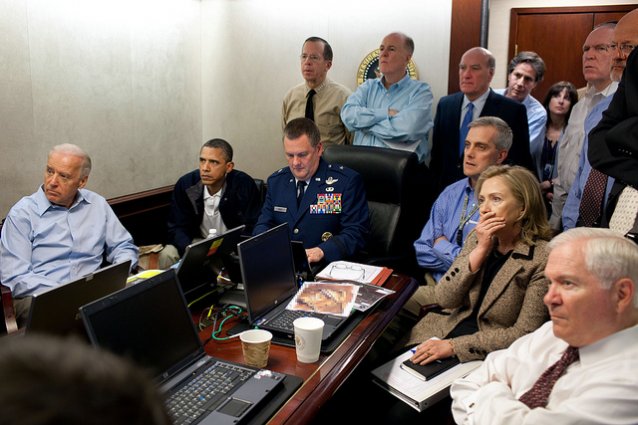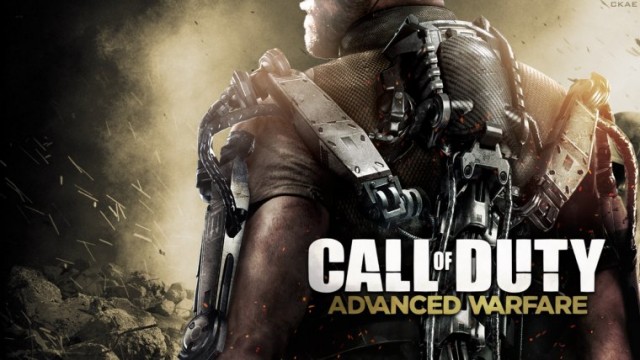


The recent reappearance of political ads on the Xbox Live dashboard has caused some consternation among gamers. This is entirely understandable—gaming has generally been removed from the annoyance of presidential campaigning, and in a wider sense, it’s treated as an escape from the issues of the world. That’s why I like the imposition of presidential ads onto the Xbox Live service. Gaming isn’t a consequence-free escape.
This is because playing video games is an inherently political act.
Now, I don’t necessarily mean that gaming relates to the election of the American president. It probably doesn’t in any meaningful sense. But I do mean that gaming is connected to the real world, and games have meaning for their players, for players’ households, for the economy, and for the environment.
I’m not just talking about political messages in games, although the Call Of Duty and calls to deal with climate change in Fate Of The World do count for that. I’m talking about time—there’s an opportunity cost to playing games. That means when you play, there are things you’re not doing, like volunteering or cleaning or spending (non-gaming) time with housemates and family. And there isn’t anything wrong with that if that’s what you think is best—this gamer often prefers it—but it’s something to be aware of. And, of course, there’s the monetary cost. Buying consoles and brand new, $60 games isn’t something that everyone can afford.
Video game purchases also affect the national and world economy. Unless you’re lucky enough to have a local small business that sells you games, you’re probably buying from a major and/or non-local corporation, meaning that money doesn’t get reinvested in the local economy. And many of those major corporations have their own interests, which often run counter to gamers’: just look at the regular controversies over digital rights management, or the tug-of-war about what makes for appropriate downloadable content strategies, or at a political level, which companies support net neutrality or anti-piracy measures like SOPA.
Finally, gaming requires physical objects, whose creation dramatically affects the world around them. For example, the recent exposés of Chinese manufacturing giant Foxconn’s abuses of employees ended up being treated as an Apple-specific issue, but Foxconn is much bigger than just that. With computer components, iOS devices, Xbox 360s and Playstation 3s, they’re involved in the creation of most of the world’s most popular game devices.
Manufacturing electronics isn’t just an issue in terms of workers’ rights, though. It also affects the environment. The heavy metals used in the process have major negative environmental impact, polluting both water and earth. They’re also often mined in areas like the Congo, where the money and power of the foreign corporations often acts as a destabilizing force, leading to war and catastrophe.
I’m not writing this to tell people not to play games, or to declare that the entire industry is evil. Video gaming can lead to good and important consequences, and it’s entirely possible for many negative aspects of it to be fixed. What I am saying is that, as easy as it may be to get lost in playing a great game, it, and you, are still connected to the world. Political ads on Xbox Live can puncture that bubble of escapism, and that’s a good thing...even if it is also an annoying thing.




 New Little Kings Story Review: You Come At The King, You Best Bring Bliss
New Little Kings Story Review: You Come At The King, You Best Bring Bliss Earth Defense Force 2017 Wiki .
Earth Defense Force 2017 Wiki . Who's Free to Romance in Dragon Age: Inquisition
Who's Free to Romance in Dragon Age: Inquisition Resident Evil: Operation Raccoon City Walkthrough
Resident Evil: Operation Raccoon City Walkthrough Just Cause 3 PC Performance Tweaks and Graphics Options Guide
Just Cause 3 PC Performance Tweaks and Graphics Options Guide